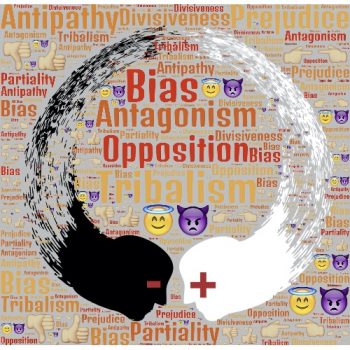Under Alexander the Great, who Aristotle had tutored, within ten years time Greek culture spread from Macedonia as far as Egypt and Babylon. As part of this expansion, the Greeks established city-states with a dominant Greek culture near main cities throughout the area. Greek culture thus spread. And eventually Alexandria became the cultural center, having positions and money to offer the greatest thinkers. Euclid was only one of the Ancient greats to have lived there.
That said, the region did not develop the kind of cohesion that Alexander envisioned. Indeed, upon Alexander’s death the Hellenistic empire was immediately divided into three distinct regions of separate rule. During Hellenism, Athens remained the center for Greek philosophy if not mathematics, science, and medicine. Various schools were of some importance in Athens: The Peripatetic school, following Aristotle, was responsible for writing some commentaries on Aristotle’s writings and working generally within the framework that he established. Plato’s Academy was run by Skeptics, who immulated Socrates as much as Plato. The Academy however was also a center of training for many. Cynicism, Epicureanism and Stoicism also emerged as separate schools of thought. Those in the Peripatetic school did continue to engage in philosophy as a contemplative activity, with a strong academic focus on knowledge for the sake of knowledge. However, most of this period understood philosophy not as merely involving theoretical discourse but as focused on a way of life.
As Greek influence in the Ancient world waned, slowly the Roman empire was rising to become the new center for economic, military and cultural power. During the second century BCE Rome’s influence in Greece increased. Greek City states were provided with freedoms in exchange for fighting. Many of the wealthy in Greece worked with the Romans to increase Roman cultural influence. Various Greek city states became financially indebted to Rome.
Against the backdrop of increasing financial dependence, in 155 BCE Athens sent philosophers of the three main schools to Rome to ask for debt relief. The trip included one Skeptic, one philosopher of the Peripatos school and one Stoic. This helped facilitate a closer contact with philosophy in the Roman Empire. The Roman philosophy that developed built on the focus on practical affairs that was already evident in later Greek philosophy. Neo-Platonism would emerge, but it too had a focus on a mystical way of life. Besides that, Eclecticism (Cicero) and Stoicism (Epictetus, Marcus Aurelius) became the dominant forms of philosophy in the Roman world.
What Pierre Hadot maintains of early Greek philosophy generally is especially clear in this period: Philosophy had two focal points. One was on a way of life. The other was on theoretical discourse on topics of philosophy. But the latter was largely subsumed as a discipline necessary for the former. This tendency of thought, cultivated in Athens, would persist in Rome. To this we will turn next.
Go to chapter 11, Stoicism.
